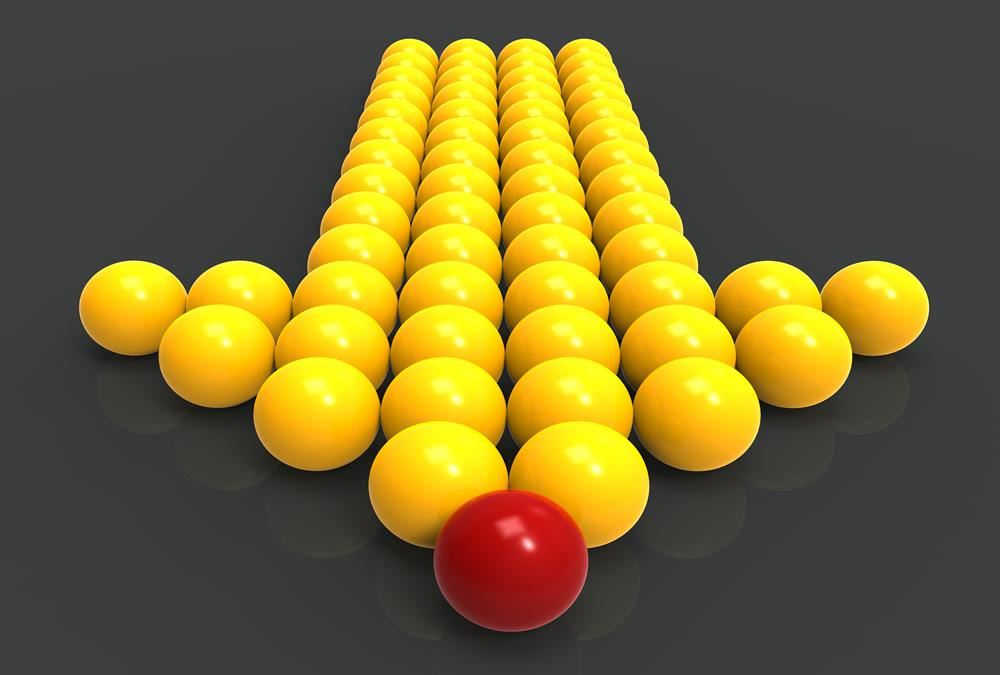- Home
- Business Processes
- Industry Knowledge
- Aerospace Industry
- Automotive Industry
- Banking Domain
- BFSI Industry
- Consumer/ FMCG Industry
- Chemicals Industry
- Engineering & Construction
- Energy Industry
- Education Domain
- Finance Domain
- Hospitality Domain
- Healthcare Industry
- Insurance Domain
- Retail Industry
- Travel and Tourism Domain
- Telecom Industry
- Leadership Skills
- eLearning
- Home
- Leadership
- Leadership Theories
- Leadership Substitute Theory
Leadership Substitute Theory
Substitutes for leadership theory is based on understanding the context within which leadership occurs. Different situational factors can enhance, neutralize, or substitute for leader behaviors like under certain circumstances, situational factors may substitute for leadership. These substitutes are of two types - substitutes and neutralizers. Substitutes take away from the leader's power and help group members increase their performance. Neutralizers only remove influence from the leader.
Related Links
You May Also Like
-
Role theory is a concept in sociology and the role theory of leadership borrows these concepts to explain how people adapt to specific organizational and leadership roles. How the leaders and followers in an organizational context define their own roles, define the roles of others, how people act in their roles and how people expect people to act in their roles within the organization.
-
Servant Leadership is a recent revolutionary theory of leadership that focuses on leaders achieving authority rather than power. A servant leader considers the needs of others and tries to serve the followers by becoming a servant first. Servant leadership is leading with a desire to better serve others.
-
Idiosyncrasy Credit Model of Leadership builds upon the awareness that when the emergent leader meets the team's expectations, idiosyncrasy credits are awarded. These credits depend on how the leader fulfilled follower's expectations and what is the impact of the leader's decisions on the follower. When the balance of credits shifts, another leader will emerge.
-
The development of teams is an ongoing process because the composition of the team may keep on changing. The new members may join and the old members may leave the team. The team members pass through several stages for the development of the team and there has been a lot of research to identify these stages. In this article, we discuss the common theories of team development.
-
Situational Leadership - Application
Situational Leadership Theories are well known and frequently used for training leaders within organizations. Practical application is how to choose the right leadership approach for the situation. The theory emphasizes leader flexibility and advises leaders to flex their style based on the followers' needs. Leaders must adapt their leadership style to fit the prescribed task, understanding given situation/maturity of followers.
-
Substitutes for leadership theory is based on understanding the context within which leadership occurs. Different situational factors can enhance, neutralize, or substitute for leader behaviors like under certain circumstances, situational factors may substitute for leadership. These substitutes are of two types - substitutes and neutralizers. Substitutes take away from the leader's power and help group members increase their performance. Neutralizers only remove influence from the leader.
-
The Psychodynamic Approach to leadership focuses on leaders building an understanding of their personality characteristics to know why they act or react in certain ways. Psychodynamics theory aims to explain the dynamics of human behavior in which lies the essence of leadership, by analyzing various motives that govern a person's behavior. This information can be used to develop leaders and followers by understanding their responses based on their personalities.
-
The group and exchange theories of leadership are derived from social psychology. These have their roots in the exchange theory. Leaders from different kinds of relationships with various groups of subordinates. Group theories describe how leaders need to maintain their position in group dynamics.
-
Situational Theories of Leadership
The situational theories of leadership assume that the most effective style of leadership depends from situation to situation. Situational leadership is a leadership style in which the leader must adjust to match the development needs of the followers. They must adapt varying behaviors to strike the right balance between task & relationship based on different levels of maturity of followers and also as followers develop and cultivate their skills.
-
McGregor's Theory X and Theory Y
McGregor created Theory X and Theory Y of human work motivation and explained two styles of management known as authoritarian (Theory X) and participative (Theory Y). Theory X management assumes most people will attempt to avoid work whereas Theory Y managers trust their people to take ownership of their work.
Explore Our Free Training Articles or
Sign Up to Start With Our eLearning Courses

About Us
Learning
© 2023 TechnoFunc, All Rights Reserved










